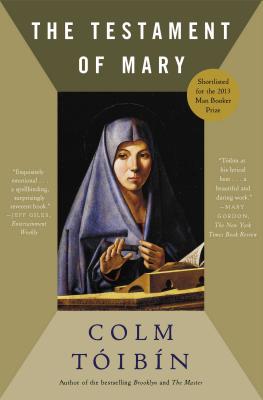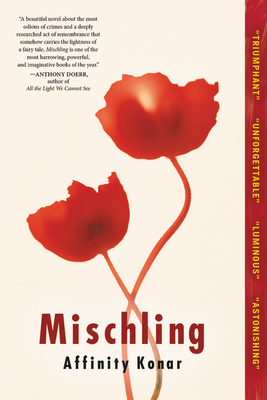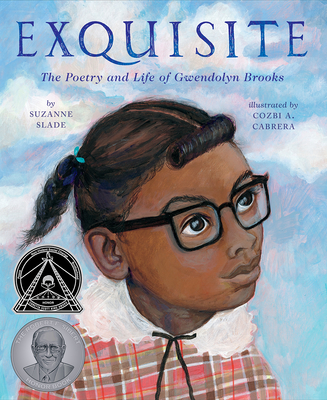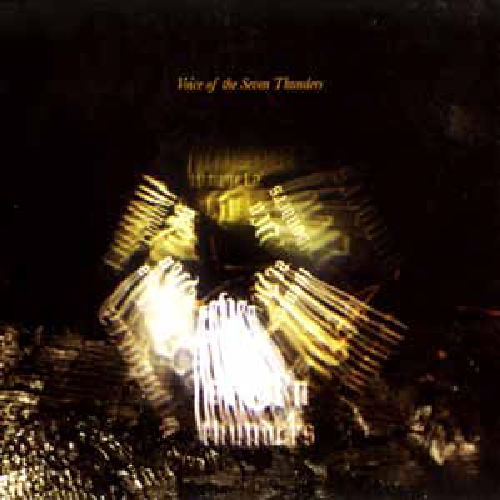
description
er Prize, Colm TóibÃn's provocative, haunting, and indelible portrait of Mary presents her as a solitary older woman still seeking to understand the events that become the narrative of the New Testament and the foundation of Christianity. In the ancient town of Ephesus, Mary lives alone, years after her son's crucifixion. She has no interest in collaborating with the authors of the Gospel, who are her keepers. She does not agree that her son is the Son of God; nor that his death was "worth it"; nor that the "group of misfits he gathered around him, men who could not look a woman in the eye," were holy disciples. Mary judges herself ruthlessly (she did not stay at the foot of the cross until her son died--she fled, to save herself), and her judgment of others is equally harsh. This woman whom we know from centuries of paintings and scripture as the docile, loving, silent, long-suffering, obedient, worshipful mother of Christ becomes a tragic heroine with the relentless eloquence of Electra or Medea or Antigone. TóibÃn's tour de force of imagination and language is a portrait so vivid and convincing that our image of Mary will be forever transformed.
member goods
No member items were found under this heading.
Return Policy
All sales are final
Shipping
No special shipping considerations available.
Shipping fees determined at checkout.







